Alumni Weekend is Back
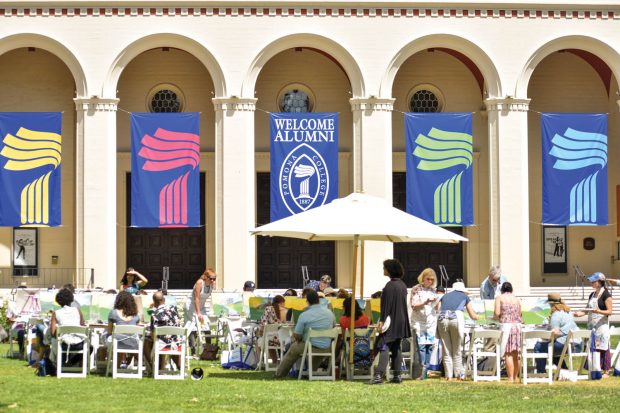
Mark your calendars for April 28 – May 1, 2022, because Alumni Weekend is back on campus! Classes ending in 2 and 7 will be celebrating their milestone reunions, and all alumni are invited to return to Claremont to join in the fun and festivities. Sagehens can look forward to classic events as well as a few surprises. Further details are coming this fall—be sure to keep your contact information updated to receive announcements on Alumni Weekend and all alumni events. Email alumni@pomona.edu or visit the Update Your Information page.
Family Weekend Moves to October
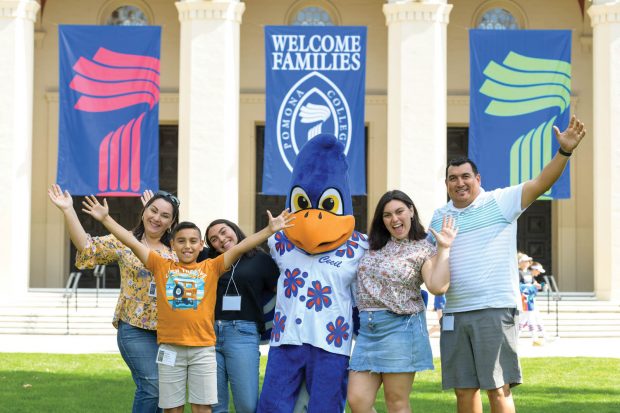
Family Weekend has a new home on your calendar. Formerly held each year in February, Family Weekend for the 2021-2022 year will take place October 15-16, 2021. And beginning with this year, Family Weekend will continue as an October event for Sagehen families of all current class years to return to campus to learn about the daily lives of students, attend special activities and programs, and of course, visit with their student! Registration information is available online.
Getting Involved:
The Family Leadership Council
Pomona College’s Family Leadership Council is a select group of dedicated parents and family members who serve as ambassadors to the Pomona family community and volunteers as well as provide philanthropic support in an effort to enhance and grow the Pomona educational experience. The FLC champions the College in transformative ways and also advocates on behalf of the parent and family community to Pomona. Learn more about the FLC, or email the Director of Family Giving at Iram.Hasan@pomona.edu.
Call for Alumni Association Board Nominations
Know of an alumnus/a who would make an exceptional advocate for the alumni community? Or are you interested in committing yourself to this meaningful volunteer work? The Alumni Association Board is calling for nominations for new members for the 2022-2023 year. New terms will begin July 1, 2022. To learn more about serving on the Alumni Board and its purpose, or to submit a nomination on behalf of a fellow Sagehen or for yourself, please visit the Alumni Association Board page.
Pomona Relaunches Regional Alumni Chapters
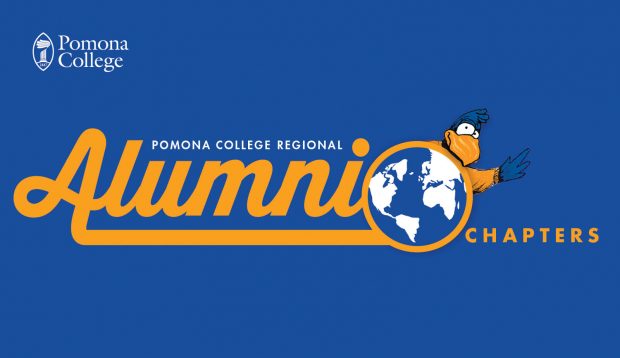
The Office of Alumni and Family Engagement is excited to announce the relaunch of Pomona College Regional Alumni Chapters! The first chapters to be recognized are San Francisco/Bay Area, Los Angeles, Orange County, Calif., Puget Sound, New York and Chicago. Learn about joining current Alumni Chapters, how to establish an official Alumni Chapter in your area and more.
Back to School and Back to Life on Campus–with Help from You
It’s a happy time to have the campus community back together,
and especially to have students on campus once again this fall semester after a year and a half of remote learning and online activities and connections. Getting reacquainted with life on campus, attending class in person and being prepared with all that this nearly post-pandemic state requires to succeed is made better by the longtime support of Sagehen alumni and families like you. Returning and reconnecting as students explore how to move forward and follow their dreams is inspired and strengthened by gifts from our Sagehen community, which ensure access to the tools, resources and programs today’s students need more than ever inside and outside of the classroom. Please consider supporting current Pomona students with a gift as they get back on course and continue their journey with the Pomona educational experience. Give today.
Stay in Touch with Fellow Sagehens on Sagehen Connect
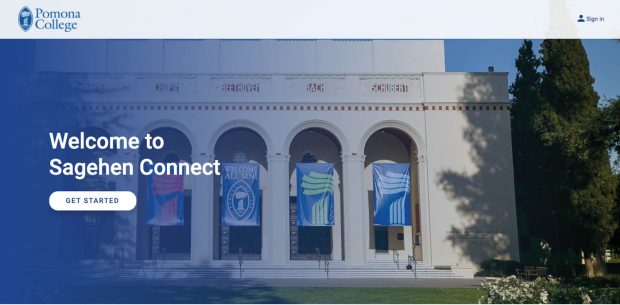
Alumni, have you registered on Sagehen Connect? Join the official online Pomona College alumni community and gain access to the online alumni directory, connect and reconnect with classmates, become a Sage Coach and provide career and graduate school guidance to current students and more. Check out additional features and FAQs. Set up your login at Sagehen Connect.
Join the Pomona College Book Club!
 Searching for your next great read? Looking to engage with fellow Sagehen readers? Join the Pomona College Book Club now on PBC Guru. The book club connects Pomona alumni, professors, students, parents and staff to the intellectual vitality of campus. Every two months will bring a new selection to book club members. Then, participants can join their fellow Sagehens in the online forum for prompts and discussion, hosted by our PBC Guru moderator. Members can also look forward to author talks, faculty discussions and more! Sign up at Pomona College Book Club.
Searching for your next great read? Looking to engage with fellow Sagehen readers? Join the Pomona College Book Club now on PBC Guru. The book club connects Pomona alumni, professors, students, parents and staff to the intellectual vitality of campus. Every two months will bring a new selection to book club members. Then, participants can join their fellow Sagehens in the online forum for prompts and discussion, hosted by our PBC Guru moderator. Members can also look forward to author talks, faculty discussions and more! Sign up at Pomona College Book Club.
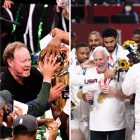

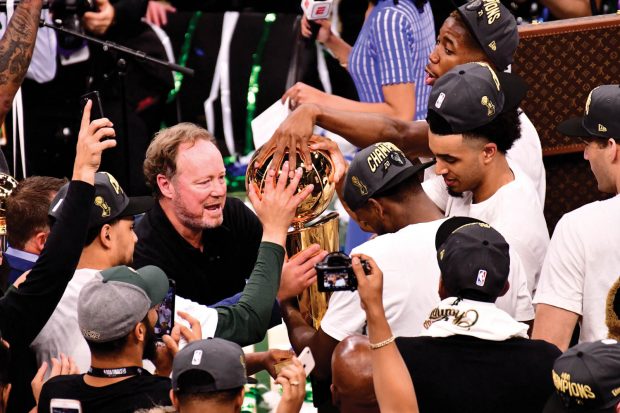
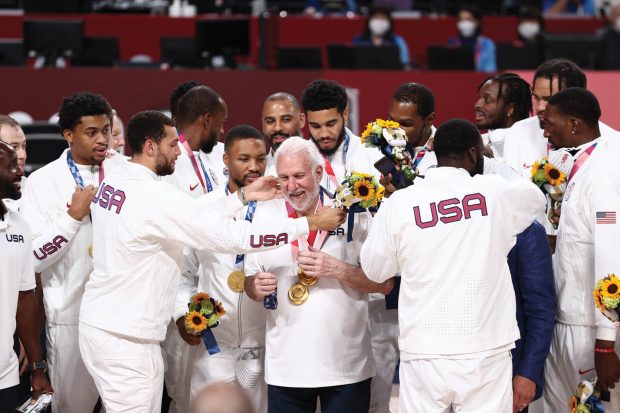
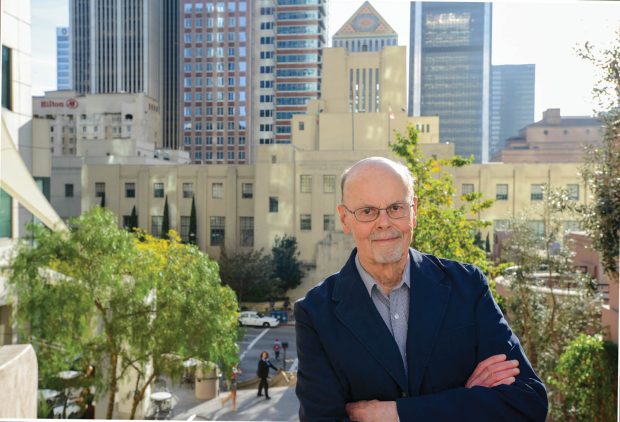 Robert Dunton Herman ’51, emeritus professor of sociology and author of the definitive downtown Los Angeles walking guide, died April 9 of complications following a recent fall. He was 92.
Robert Dunton Herman ’51, emeritus professor of sociology and author of the definitive downtown Los Angeles walking guide, died April 9 of complications following a recent fall. He was 92.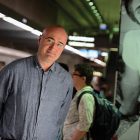
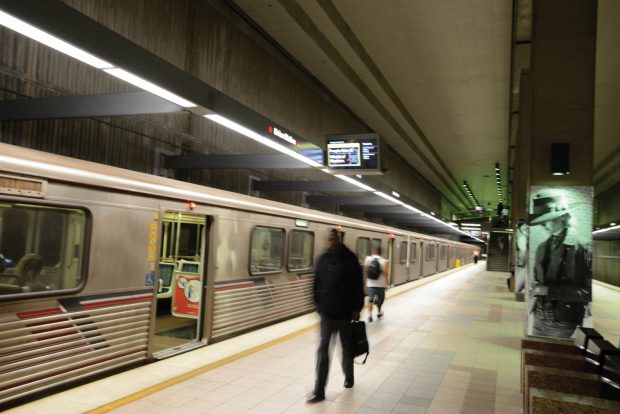 Moving people from point A to point B is a must. But horses and buggies are long gone, an ever-increasing number of vehicles are packing (or are they parked?) the freeways and teleporting is still a way off.
Moving people from point A to point B is a must. But horses and buggies are long gone, an ever-increasing number of vehicles are packing (or are they parked?) the freeways and teleporting is still a way off.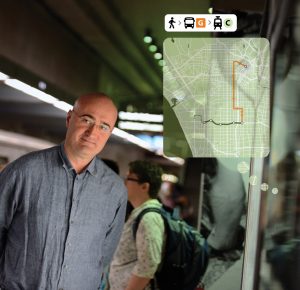
 Winning a Watson Fellowship is both a creative passport and a generous provision to wander the world and do independent research for a full year after graduation. However, just as it did to best-laid plans around the world, COVID-19 interrupted those of this year’s Watson winners.
Winning a Watson Fellowship is both a creative passport and a generous provision to wander the world and do independent research for a full year after graduation. However, just as it did to best-laid plans around the world, COVID-19 interrupted those of this year’s Watson winners. Plenty of folks consider campus radio station KSPC 88.7 FM an essential part of their daily routines.
Plenty of folks consider campus radio station KSPC 88.7 FM an essential part of their daily routines.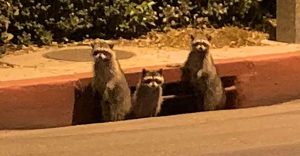
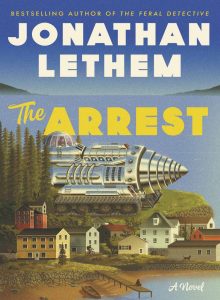 The Arrest
The Arrest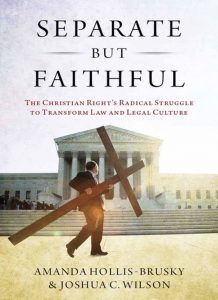 Separate but Faithful:
Separate but Faithful: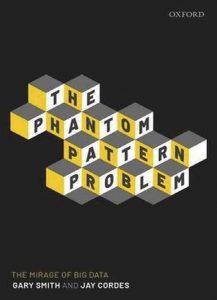 The Phantom Pattern Problem:
The Phantom Pattern Problem: Ripples of Air:
Ripples of Air: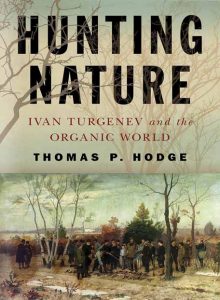 Hunting Nature:
Hunting Nature: Signature
Signature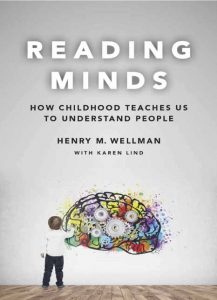 Reading Minds:
Reading Minds: Modern Family:
Modern Family: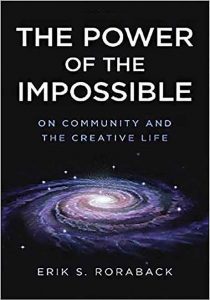 The Power of the Impossible:
The Power of the Impossible: